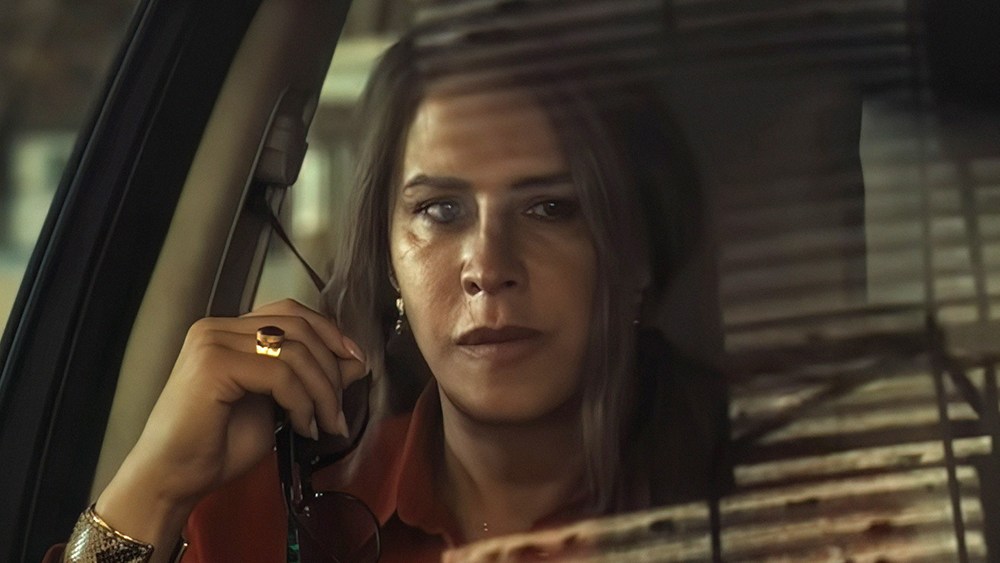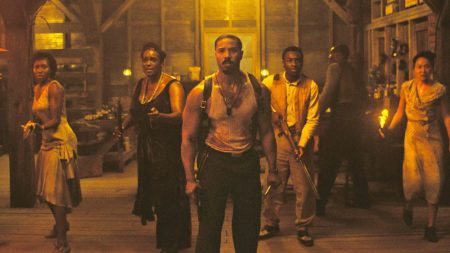Netflix is reevaluating its process for vetting the social media accounts of incoming talent following a controversy surrounding the awards campaign for the film Emilia Pérez. The backlash emerged when resurfaced racist and offensive posts from star Karla Sofía Gascón sparked widespread criticism in January. This incident has prompted the streaming giant to consider whether it should more closely monitor the online activity of the thousands of individuals involved in its productions each year. Netflix’s Chief Content Officer, Bela Bajaria, addressed the issue during an appearance on The Town with Matthew Belloni, a podcast hosted by Puck and The Ringer. Bajaria acknowledged the challenges of implementing such a policy, given the sheer scale of Netflix’s operations, which include original films, TV shows, co-productions, and licensed content from around the world. She emphasized the practical difficulties of vetting every individual’s social media history, though the controversy has led the industry to rethink its approach to such vetting processes.
Bajaria also highlighted that scrutinizing personal social media accounts is not a standard practice in the entertainment industry. However, the fallout from Gascón’s resurfaced posts has forced Netflix and other companies to reconsider their policies. While Bajaria acknowledged the gravity of the situation, she expressed frustration that the controversy has overshadowed the merits of Emilia Pérez, a film that has garnered significant critical acclaim and numerous award nominations. She described the situation as a “bummer” for the film’s cast, crew, and awards team, who had mounted an impressive campaign to celebrate the movie’s achievements. Bajaria specifically mentioned the efforts of stars like Zoe Saldaña and Selena Gomez, whose contributions to the film have been overshadowed by the scandal. She also noted the hard work of Netflix’s awards team, which had successfully positioned the film for recognition in multiple categories.
The Emilia Pérez awards campaign hit a roadblock in January when culture writer Sarah Hagi resurfaced Gascón’s offensive internet posts. These included anti-Muslim hate speech, insensitive remarks about the murder of George Floyd, and derogatory comments about diversity at the Oscars. The backlash was swift, with Netflix ultimately deciding to stop covering Gascón’s travel expenses for awards-related events. Despite the controversy, Bajaria reaffirmed her support for the film itself, calling it “incredible, creative, and bold.” She emphasized that Netflix would still acquire the film if given the choice today, underscoring its artistic value and the importance of taking creative risks. Emilia Pérez has become the most-nominated film at this year’s Oscars, with 13 nominations, including Best Picture, Best Director for Jacques Audiard, Best Actress for Gascón, and Best Supporting Actress for Saldaña.
Bajaria’s comments reflect the tension between the need to address offensive behavior and the desire to celebrate artistic achievements. While Netflix has faced criticism for its handling of the situation, Bajaria emphasized the importance of separating the film’s merits from the controversy surrounding its star. She acknowledged the difficulty of navigating this issue, particularly when it detracts from the hard work of hundreds of talented individuals who contributed to the movie. Bajaria also pointed out that the scandal has shifted the conversation away from the film’s artistic accomplishments, which is a disservice to the people involved in its production. Her remarks suggest that Netflix is grappling with how to balance its commitment to inclusivity and accountability with the need to support creative endeavors.
The controversy surrounding Emilia Pérez raises broader questions about the entertainment industry’s approach to vetting talent and addressing offensive behavior. While Netflix has historically been at the forefront of promoting diversity and inclusion, the resurfacing of Gascón’s posts has highlighted the challenges of ensuring that all individuals associated with its projects align with these values. Bajaria acknowledged that the industry is now “reevaluating” its practices, though she cautioned against expecting a foolproof system for monitoring social media activity. She also expressed hope that the conversation around Emilia Pérez will not be defined solely by the controversy, but rather by the film’s artistic achievements and the contributions of its cast and crew.
In conclusion, the backlash over Karla Sofía Gascón’s past social media posts has prompted Netflix to reconsider its approach to vetting talent, though the practical challenges of doing so remain significant. While the controversy has overshadowed the achievements of Emilia Pérez, Bajaria emphasized the film’s artistic value and the importance of supporting bold creative projects. The situation highlights the tension between addressing offensive behavior and celebrating artistic accomplishments, as well as the need for the industry to find a balanced approach to these complex issues. As Netflix moves forward, it will likely continue to grapple with how to navigate this delicate landscape while maintaining its commitment to innovation and inclusivity.









